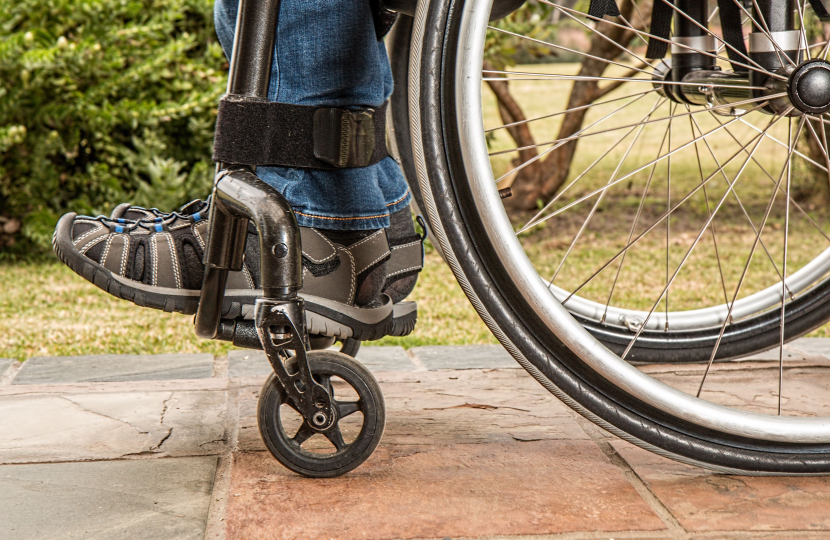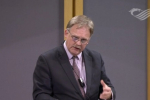
Having taken part in the ‘Equal Power Equal Voice’ (EPEV) cross-equalities mentoring programme to increase diverse representation in public and political life in Wales, North Wales MS Mark Isherwood has hosted and spoken at their Senedd event today, highlighting the changes he has witnessed during his time in politics and expressing concern that disabled people are still under-represented.
EPEV is a partnership between Women’s Equality Network (WEN) Wales, Stonewall Cymru, Disability Wales, and Ethnic Minorities & Youth Support Team (EYST) Wales.
Speaking at the event by recorded video, Mr Isherwood said:
“A core principle of representative democracy is that all sections of the public have equal rights and opportunities to participate in political decision-making, both as citizens and as representatives. Following the 2019 General Election, 66, or 10%, of Members of the House of Commons were from minority ethnic backgrounds, compared with just four in 1987. Six, or 4.5% of the Scottish Parliament’s 129 members and three, or 5%, of the 60 Members of the Welsh Parliament are from minority ethnic backgrounds, including the first woman of colour elected since the start of devolution. None of the 90 Members of the Northern Ireland Assembly were recorded as being from a minority ethnic group.
“Disabled people, who make up around 1 in 5 of the UK population, are thought to be under-represented in politics at different levels of government, both across the UK and internationally. The Social Model of Disability says that people are disabled by barriers in society, not by their impairment, and that we must work together to remove the barriers to access and inclusion for all.
“The UK Government’s 2021 ‘Barriers to elected office for disabled people’ states that the number of disabled people in politics across all levels of Government ‘are almost always below 1 in 5’, confirming that disabled people are underrepresented. The report concludes that ‘Disabled people face a number of barriers when participating in party politics, including venue accessibility, lack of interpretation, inaccessible formatting of materials, lack of facilities, and cultural barriers - including a lack of awareness, knowledge and interest on the part of some local parties to make politics more accessible for disabled people’.
“When I first became an Assembly Member, now Member of the Senedd, Membership was gender balanced. 43% of Members now are Women, compared with 45% in the Scottish Parliament – including the first two women of colour there – and 35% in the House of Commons, the highest level there so far. 5% of the Senedd’s Members are openly LGBT+, compared with approximately 6% in the Scottish Parliament and 7% in the House of Commons.
“I have been delighted to take part in the ‘Equal Power Equal Voice’ cross-equalities mentoring programme to increase diverse representation in public and political life in Wales. In conclusion I must therefore mention and thank my previous excellent mentees under both this mentoring programme and EYST’s predecessor “Wales Routes into Public Life” programme, Rebecca Brown, Sam Njoku and Lee Tiratira. I learned more from each of them than they learned from me, and I wish each of them every future success.”
